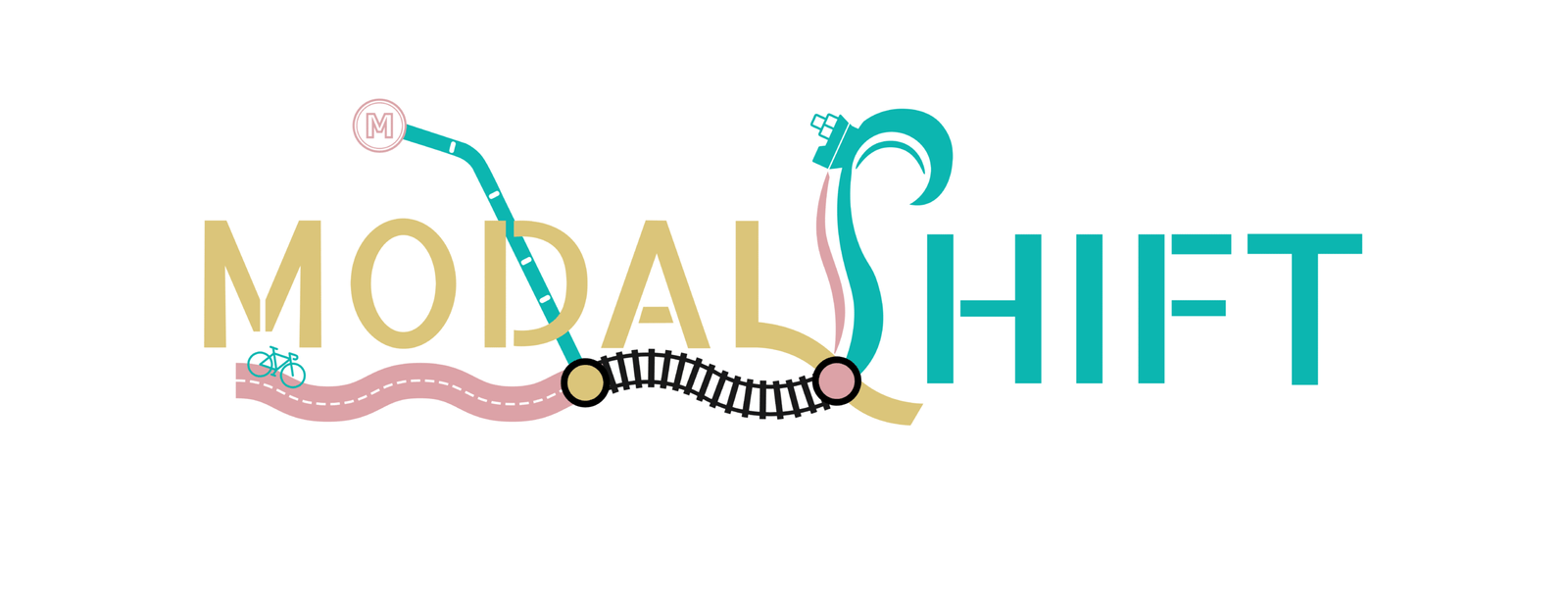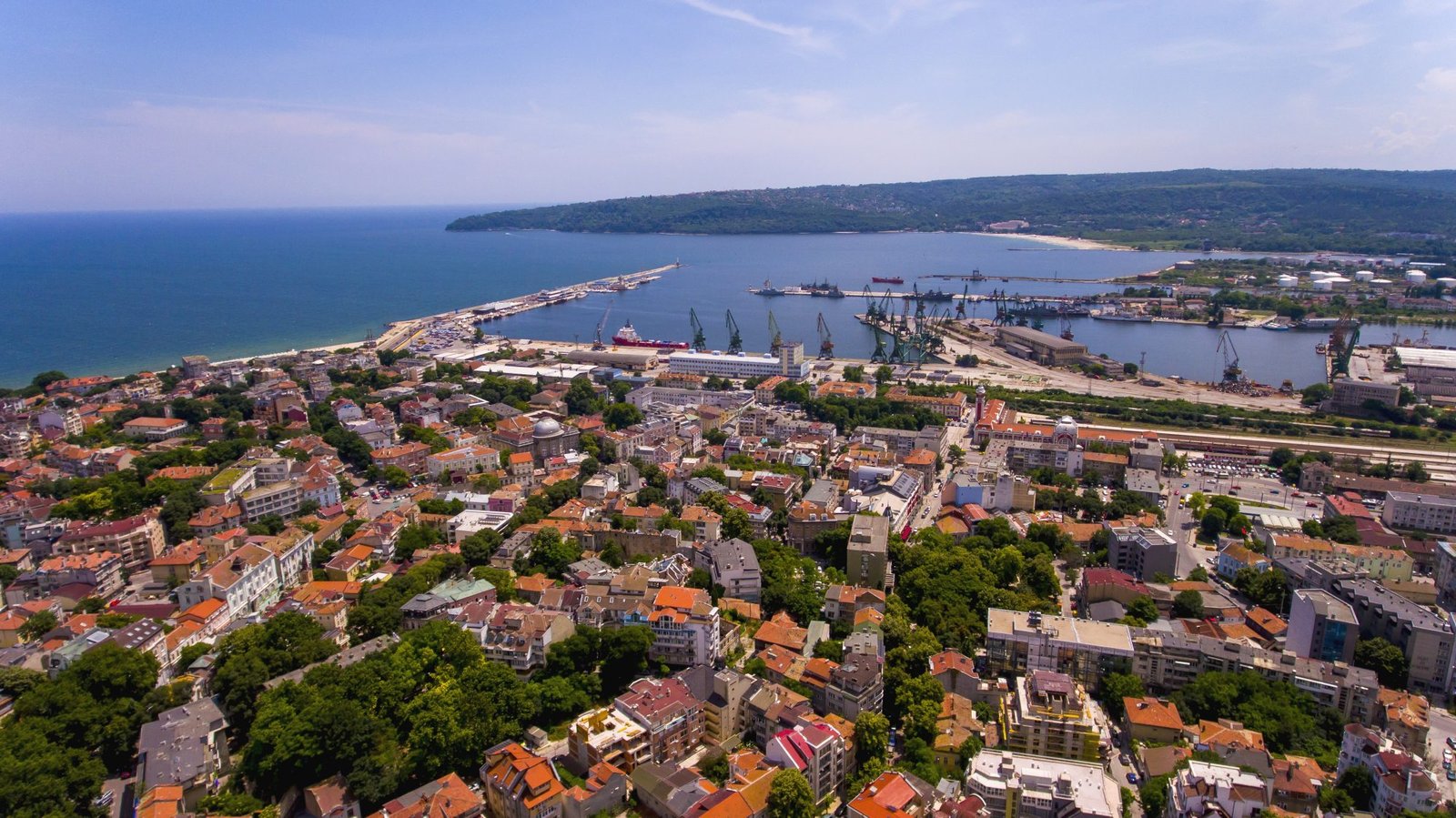Demonstration site #3 : Varna (Bulgaria)
Varna is a Bulgarian city located on the Black Sea, hosting 1M inhabitants. The Municipality of Varna (VARNA) already has several key infrastructures and services in place, including a pedestrian area in the city centre and a well-established public transportation network with trains, buses (of which 60 electric buses), and trolleybuses. A SUMP is currently at an advanced stage of design, but its application is lagging behind. There are significant seasonality challenges related to peak mobility demand in summer as the population doubles, a maritime shuttle service is set during this period or when the bridge connecting the northern and southern parts is unavailable. Traffic light control is handled by a municipal company, though the city’s urban planning and modelling remain limited. MODALSHIFT will leverage on various ongoing or ended innovation projects that took place in Varna, such as: (i) H2020 CityChanger CargoBike (2018-2022): 6 e-cargobikes locally produced, and free trial for logistics operators in the city centre, (ii) a project with the electrification of public transport.
The first VARNA use case will focus on enabling and improving low-carbon urban freight by leveraging the existing cargo-bike fleet owned by the municipality, with expected benefits on the traffic in the city centre. Sensors on the bikes will be installed, and a specialised “pay‑per‑use” bike‑sharing platform for small businesses and Horeca will be developed. This tool will let users check bike availability, make reservations, and gather valuable data for traffic‑flow analysis and forecasting. The second use case focuses on the more general improvement of public transport and active mobility on two axes: 1) improved intermodality train-bus at the railway station; 2) rethinking public and active mobility service/schedule to better align with the (seasonal) needs and future bike lanes. Given the relatively low data, the improvement of data literacy and collection processes is also an objective in MODALSHIFT, with the implementation of a data space and digital twin. Specific developments will focus on the compatibility and integrability of the digitalised collaborative platform with the legacy system for traffic infrastructure management. These enhancements will be undertaken concurrently with the developments at the Estación Sur outlined in the Spanish demonstration site.
Varna inhabitants will benefit from the traffic management optimisation, thus the co-design activities of use cases with them. The municipal public transport companies for traffic light control and public transport, as well as Bulgarian state railways (BDZ) and the port authority handling the maritime shuttle, will be direct beneficiaries of the project results. Local commercial shops will be involved in the testing of the shared cargo-bike model. A local company (MGI Mobility Services) will support the collection of mobility data.






